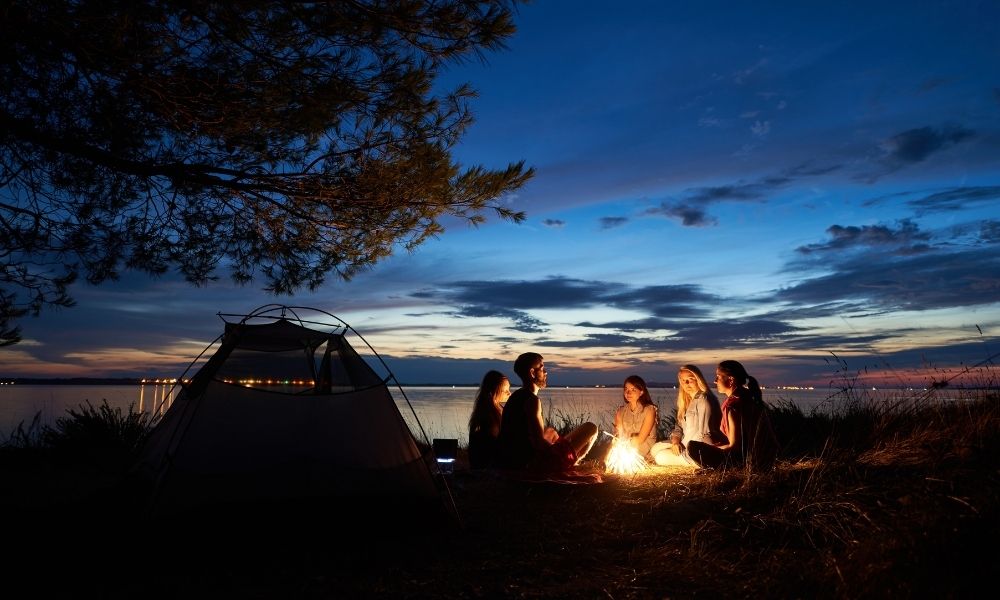We make the best memories when we step away from the normal, mundane world of the everyday. And for those of us living in cities or suburbs, the wilderness is about as far removed from the everyday as you can get.
But taking yourself into the wilderness is hard enough, and if you’re taking a large group of people with you, it can get stressful. Follow these tips for planning a group wilderness camping trip to make your journey into the unknown a success.
Decide on the Date For Your Group Wilderness Trip
The time of year is always significant when it comes to planning group wilderness trips. Especially when your trip takes place outside, the season is significant. You can technically go camping at any time of year, but different seasons offer their own advantages and challenges:
- Summer: Warm weather and long days make this time of year ideal, but the extreme temperatures and often crowded campsites may cause headaches.
- Fall: Fall offers more mild temperatures than summer and allows you to enjoy the fall foliage, though the evenings can be colder and rainier.
- Winter: Winter is perfect if you’re more experienced and want a quieter, more secluded experience. But the extreme weather makes it the most challenging season to camp.
- Spring: Spring also offers milder temperatures and less crowded campgrounds, but you may have to deal with melting snow.
Also, keep in mind that different times of year may impact animal life that you will encounter. For example, deer may be more active in the fall, while bears are more active in spring and summer.
Research Your Location
Every campsite will offer different benefits and activities, so look into them before you arrive so you can get the most out of the trip. You can also find out about potential safety hazards, such as areas that may contain dangerous wildlife.
Prepare Your Group Members
Like we said, camping in the wilderness is difficult. Even if you’re the one who’s planning the group wilderness camping trip, it’s a good idea to delegate different tasks to different members of your party. For instance:
- Keeping the gear organized
- Procuring food and cooking meals
- Driving responsibilities
- Maintaining fires
- Making camping reservations
Along with this, it may be a good idea to divvy up who brings the essential camping gear like tents, food, water, and first aid kits.






